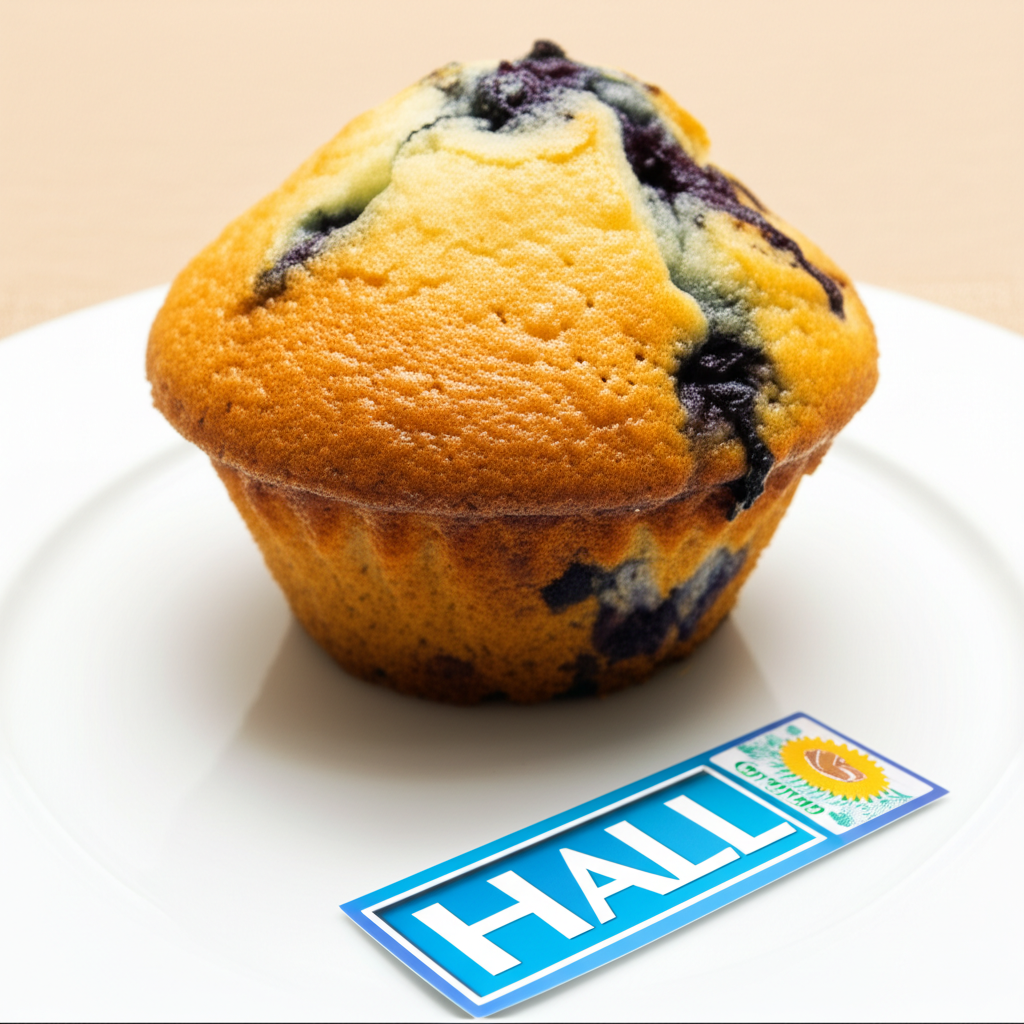
For Muslim consumers, enjoying a simple pleasure like a muffin requires careful consideration of Islamic dietary laws. While these baked treats may seem harmless at first glance, their halal status hinges on specific ingredients and preparation methods that align with religious guidelines. Understanding what makes a muffin permissible opens up a world of delicious possibilities without compromising faith.
The foundation of halal muffins lies in scrutinizing every component. Basic elements like flour and sugar are generally acceptable, but refined sugar processed with animal bone char raises concerns. Dairy products such as milk and butter typically meet halal standards, though additives like whey or cheese enzymes may require verification. More complex ingredients—gelatin derived from pork, alcohol-based extracts, or ambiguous emulsifiers—demand extra vigilance to avoid haram substances.
Certification serves as the most reliable indicator of compliance. Reputable halal logos on packaging provide assurance, while ingredient lists should be thoroughly examined for hidden non-halal additives. Direct communication with bakeries clarifies preparation practices, especially regarding cross-contamination risks. For those seeking convenience, numerous halal-certified brands now offer pre-made muffins, eliminating guesswork for consumers.
Home baking presents an ideal solution for complete control over halal adherence. Using certified ingredients, alcohol-free flavorings, and plant-based substitutes like agar-agar ensures muffins meet religious requirements. Creative recipes incorporating fruits, nuts, and halal chocolate chips cater to diverse tastes while maintaining compliance. With growing awareness and accessibility, Muslim consumers no longer need to sacrifice flavor for faith.